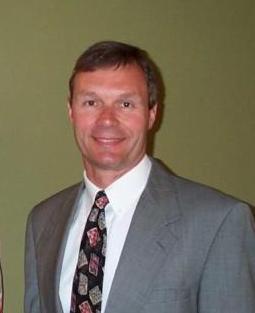A Quote by Akhil Sharma
Writing about what happened to my brother and to my family was awful. It was hard to look back at how much suffering there was and at how certain bad situations were made worse by our decisions.
Related Quotes
When I wrote 'We Were The Mulvaneys,' I was just old enough to look back upon my own family life and the lies of certain individuals close to me, with the detachment of time. I wanted to tell the truth about secrets: How much pain they give, yet how much relief, even happiness we may feel when at last the motive for secrecy has passed.
What happened on "As Cool As I Am" was, you know how in the `90s, "the personal is political, the political is personal"? That was a really big thing. Choices you made about how you recorded and what instruments you used and how much real versus how much synthetic. Those were choices that were seen as very political at the time.
I was never that kid that wanted to be in politics. What happened was, I graduated with a degree in accounting. I came back home to the family business. I saw how hard it was to make a dollar, and how easy it was for the government to take it. And my mom said, "Quit complaining about it. Do something about it."
Living a long life, the conventional wisdom at the time said, depended to a great extent on who we were-that is, our genes. It depended on the decisions we made-on what we chose to eat, and how much we chose to exercise, and how effectively we were treated by the medical system. No one was used to thinking about health in terms of community.
To be good Christians you have to contemplate the suffering humanity of Jesus. "How can we bear witness? Contemplate Jesus. How can we forgive? Contemplate Jesus suffering. How can we not hate our neighbor? Contemplate Jesus suffering. How can we avoid gossiping about our neighbor? Contemplate Jesus suffering. There is no other way". These virtues are the those of the Father, who forgives us always, and Our Lady, Our Mother, shares in these virtues too.
Resilient people recognize that no matter how bad the circumstances are, their situation could always be worse. They don't allow themselves to exaggerate how terrible their problems are, and they don't run around predicting how much worse things are going to get. Instead, they view failure with an accurate perspective.


































